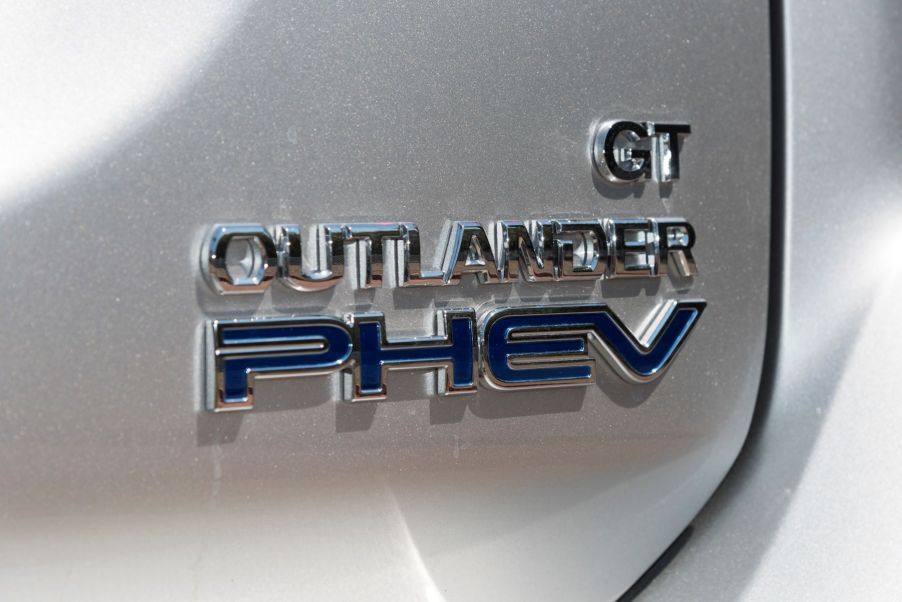
5 Hybrids to Avoid and Just Get an EV Instead
As far as consumers are concerned, hybrids are a happy medium between electric and gas-powered cars. So, while EVs are the end goal of most environmental efforts, for now, hybrids are in.
Of course, not all hybrids are created equal. Even paying thousands of dollars more for a nice EV would give you a better bang for your buck than a bad hybrid. What are some of these models, and why are they terrible choices? Let’s take a look.
Hybrids vs. EVs — what’s the difference?
Before we go on to the models, it’s worth discussing the differences between hybrids and EVs.
EVs are fully electric-powered. Rather than having a fuel tank, they have a rechargeable battery.
Hybrids, on the other hand, are both gas-powered and electric-powered. How this works depends on the exact model. This variety means there are a lot of good hybrid models out there… and, as you’ll soon see, some not-so-great ones.
5 hybrids to skip out on
HotCars recently published a list of its five favorite hybrids and five least favorite hybrids. On the least favorite ones, we can’t help but agree.
1. Mitsubishi Outlander PHEV

The Mitsubishi Outlander PHEV, specifically the 2021 model year, was a letdown for many car buyers and reviewers. Edmunds reported that the cabin quality was “poor,” citing lots of “creaks and rattles.”
It also suffers from a small gas tank and an even smaller battery. The gas tank is just 11.3 gallons. That would be OK if it was paired with a powerful battery, but it has just 24 miles of all-electric range.
In total, this adds up to 320 miles of range. Considering many EVs surpass this range, there’s little reason to get this hybrid over an electric option.
2. Lexus CT200h
The Lexus CT200h is a little different from the others on this list in that it’s not a bad vehicle — it’s just not necessarily a good one, either. The website Cars describes it as a vehicle that “doesn’t excel” in its key selling points.
Its 2017 model year has a 42 combined mpg rating, which is decent compared to gas-powered vehicles, but other hybrids far surpass it. For thousands of dollars less ($23,600 MSRP), you can get a 2022 Hyundai Ioniq with an impressive fuel economy of 59 mpg, according to U.S. News and World Report. Other than that, it has relatively slow acceleration, reaching 60 mph in 9.8 seconds.
Ultimately, sales for the CT200h were so mediocre that Lexus stopped selling it in the U.S. in 2017, according to The Drive.
3. Toyota Prius+
The Toyota Prius+ is an upgrade to the Toyota Prius that boasts a seven-seat interior… and that’s about it. Its 2020 model has a fuel economy of 49 mpg, according to Driving Electric. This isn’t great because more affordable vehicles now have 50+ mpg ratings. Its acceleration is also painfully slow, reaching 62 mph in 11.3 seconds.
Suffice it to say, there was a good reason Toyota decided to discontinue this model in 2020.
4. Chevrolet Tahoe Hybrid
We’ve talked about how the Chevrolet Tahoe Hybrid was a failure before, which still rings true today. If you thought some of the previously mentioned fuel economy numbers were bad, you’ll be appalled to find out that the 2013 model gets only 21 mpg. Yes, that’s half of the Lexus CT200h’s mediocre fuel economy. Additionally, its electric-only drive could only reach up to 30 mph, according to Cars, so you won’t be going very fast if your gas tank is empty.
You can get a used one for cheap, but given the fuel economy, it’s better to spend your money elsewhere.
5. Lexus LC500h
Lexus has had a few misses in the hybrid department, and that’s apparent with the Lexus LC500h. Despite seeming like an upgrade to the Lexus LC500, it’s actually more of a downgrade. The automaker replaced the V8 engine for a V6 engine and hiked up the price to $97,610 MSRP, according to Edmunds, which is on the higher end for a hybrid. It also has a relatively poor fuel economy of 29 mpg. For a 2021 model year vehicle, it’s rather disappointing.


